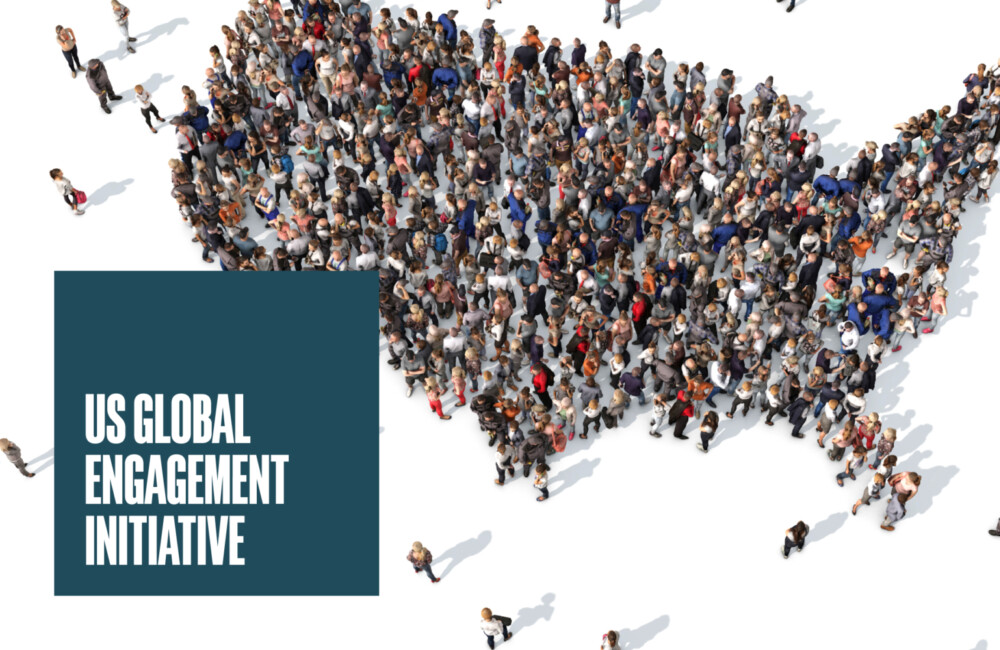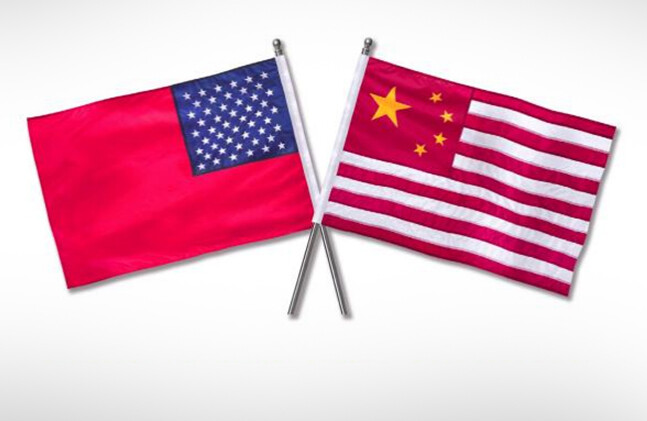Framing ethical perspectives
Multilateralism refers to a group of nations working together for a common goal. It is at the heart of international relations as nation-states form alliances with like-minded countries to take on global issues, such as climate, emerging technology, inequality, and collective security. Carnegie Council sees multilateralism as essential to generating solutions to global problems and a critical component of an ethical present and future.
Featured Multilateralism Resources
Inclusivity, AI & climate governance, and more
FEB 27, 2024 • Video
A Carnegie Council Conversation with the UK Home Secretary
MAR 28, 2024 • Video
Unlocking Cooperation: The Global South and Global North
In the inaugural panel of the "Unlocking Cooperation" series, Ramu Damodaran leads a discussion on forging a path forward for Global South/North collaboration.
OCT 18, 2023 • Video
Unlocking Cooperation: A Global Ethics Day Special Event
In this keynote event for Global Ethics Day 2023, Carnegie Council President Joel Rosenthal led a conversation on the psychology behind cooperation; ways that states, institutions, ...
Subscribe to the Carnegie Ethics Newsletter for more on ethics and international affairs
Related Initiatives
Model International Mobility Convention
The primary goal of the Model International Mobility Convention (MIMC) is to formulate new rules for migration and asylum that can benefit both migrants and refugees as well as their states of origin, transit, and destination.
Carnegie Ethics Accelerator
The Carnegie Ethics Accelerator is a new kind of incubator designed to empower ethics in the face of swiftly evolving challenges in technology and public policies.
Explore Our Multilateralism Resources
APR 13, 2010 • Podcast
How Enemies Become Friends: The Sources of Stable Peace
Diplomatic engagement with rivals, far from being appeasement, is critical to rapprochement between adversaries, says Charles Kupchan, and diplomacy, not economic interdependence, creates the path ...

APR 9, 2010 • Article
The Georgia-Russia War in South Ossetia: The Russian View
Published by the Moscow-based Center of Analysis of Strategies and Technologies, "The Tanks of August" is a must read, as it offers both factual and ...

MAR 30, 2010 • Article
Jackson-Vanik: a Bridge to the 20th Century
U.S. and Russian leaders and Jewish organizations all agree: the U.S. should "graduate" Russia from the JV amendment, which ties freedom of trade ...

MAR 11, 2010 • Podcast
Superpower Illusions: How Myths and False Ideologies Led America Astray--and How to Return to Reality
Jack Matlock, American ambassador to the Soviet Union from 1987 to 1991, corrects a number of pervasive myths about the Cold War, including the belief that it ...
MAR 10, 2010 • Podcast
Freedom of the Press in the Arab World: Al Jazeera's Contribution
Al Jazeera correspondent Khaled Dawoud reviews the history behind Al Jazeera and discusses some of the issues he has confronted regarding the channel and its ...
FEB 26, 2010 • Podcast
Is Public Diplomacy Beneficial for all Participants?
One goal of public diplomacy is to create allies inside other states through education programs or cultural exchanges. Should this be viewed as enriching individuals, ...

FEB 18, 2010 • Article
Good Neighbors? The Shanghai Cooperation Organization
The West has largely dismissed the Shanghai Cooperation Organization as some kind of empty anti-U.S., anti-NATO rhetorical flourish, writes David Speedie. Yet in fact ...
FEB 5, 2010 • Podcast
Do People Matter in U.S. Foreign Policy?
Is U.S. foreign policy determined by individual policy-makers and core values, or by external threats and domestic pressures?

FEB 2, 2010 • Podcast
Superfusion: How China and America Became One Economy and Why the World's Prosperity Depends on It
In a witty and astute talk, Karabell describes and explains what he calls 'superfusion'--how the economies and capital flows of China and the U.S. ...
JAN 29, 2010 • Podcast
Obama's Foreign Policy: What Matters and What Doesn't for America's Future
Elections and campaigns are about options. Governing is about constraints. For Obama--and every president--what happens when foreign policy options meet foreign policy constraints?




